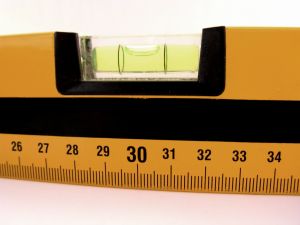
October 13, 2011
FHA Title I Home Improvement Loans
If you explore FHA home loan options, you’ll find a variety of them–there are loans for new purchase mortgages, but also options for energy efficient mortgages, home equity conversion loans, rehab loans, and something called the FHA Title I Home Improvement loan. Title I loans are used for repair, alteration, or site improvements and can be used together with a 203k Rehabilitation Mortgage if needed. Title I loans for a single family home can be approved for amounts up to $25,000 for qualified borrowers. Applicants aren’t required to ask for the maximum amount; according to the FHA official site, “Both large and small improvements can be financed.” FHA rules also state, “Any loan over $7,500 must be secured by a mortgage or deed of trust on the property.” As with | more...









